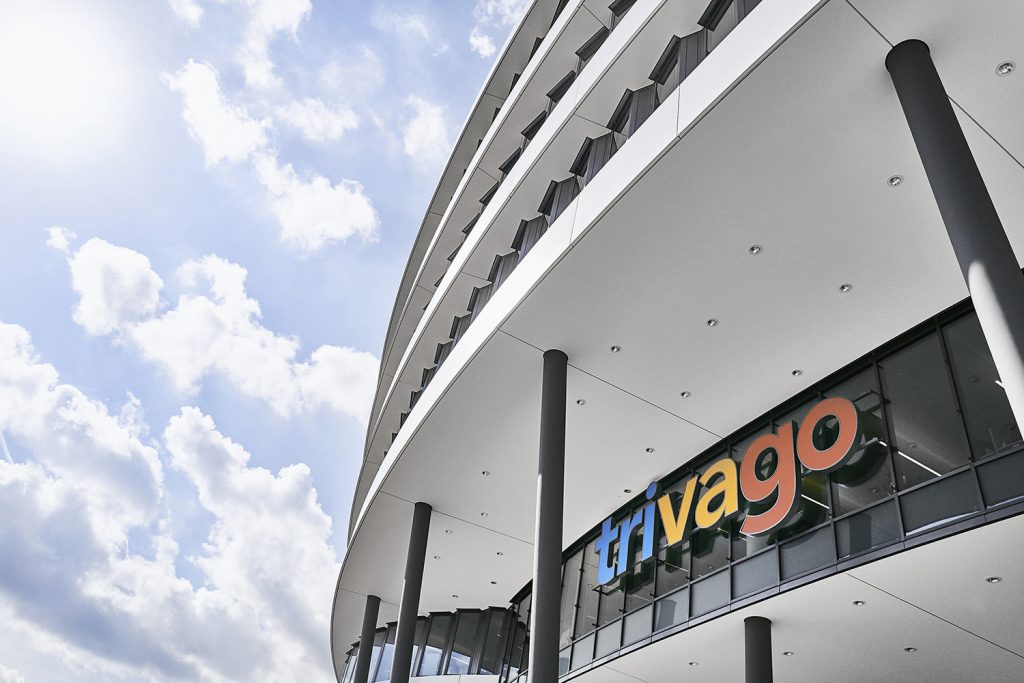Skift Take
Trivago has big structural problems, such as two online travel agencies being responsible for three-quarters of its referral revenue, but it appears to be managing costs and pumping out product changes during this down time. Give the company credit for maintaining a pulse.
Trivago apparently has the cash to hang in there for awhile.
That being said, the stock was trading at just around $1.32, up 3.9 percent, in the late morning in New York on Tuesday.
But there were a few positive signs amidst the travel industrywide carnage as Covid cases spiked in recent weeks in the company’s European home base.
Conserving cash is super-important in the current era for the German company and peers everywhere. At the end of the third quarter on September 30, Trivago had total cash on hand of euro 207.5 million ($243.1 million), a sequential dip of 2.9 percent.
During the lodging-metasearch company’s analyst call Tuesday, Trivago Chief Financial Officer Matthias Tillmann said the business in developed Europe saw “very strong” sequential growth in qualified referrals and revenue per qualified referral, which in the quarter saw interest most acute in nature-oriented trips.
Regarding other upbeat signs, Tillmann cited trends in Latin America, and Brazil in particular. “So in the last week of October, qualified referrals were almost at last year’s level in that country, and it confirms the trend that we have seen during the summer season in Europe,” Tillmann said.
Overall, though, Trivago saw revenue drop 76 percent to euro 60.6 million ($71 million) in the third quarter compared with the pre-Covid era a year earlier, on a net loss of euro 2.3 million ($2.69 million).
Trivago expects a recovery of demand in the second half of 2021, particularly for its mainstay city trips, although CEO Axel Hefer acknowledged that the short-term business outlook is “challenging.” He said the current surge in alternative accommodations versus hotels will “normalize” to some extent next year, but Trivago’s apartment business, which it began to build in 2017, would be a key differentiator.
Consensus That Google Needs to Be Deterred
Citing regulatory action against Google in the United States and Europe, Hefer said “our overall read of the situation is there is a broad consensus that something is not right,” and that remedial measures would take time but be beneficial to competitors.
During a Skift interview immediately following the analyst call, Hefer said he assumes the European Commission will focus on the mega gatekeepers in regulatory measures to enhance competition, but that actions in Europe would get controversial if the commission went after smaller platforms like Trivago, as well. In the latter case, he said, there would have to be discussions about what the cutoff point would be, and whether regulating too deeply would stifle innovation.
Advertisers Getting More Courageous
After the collapse of travel advertising earlier this year, participants in Trivago’s auctions were “a bit more courageous and aggressive” in the third quarter, Hefer said.
Trivago started rolling a gross commission model for advertisers in October as opposed to their paying per click. Hefer said Trivago could introduced a net commission model in the future.
“In the gross commission model, our advertiser is paying a certain percentage for every booking,” a spokeswoman said. “We are taking over the conversion prediction and the bidding. In the net commission model, our advertisers are paying a certain percentage on every consumed booking. We are therefore additionally covering the prediction of cancellations.”
Asked whether companies such as Booking.com and Expedia were using the commission model when advertising in Trivago, Hefer didn’t directly answer but said don’t assume it is just the smaller companies. He added that the commission model might be especially useful in smaller markets where the advertiser doesn’t have a lot of data.
If small changes in the market share of Trivago auctions are an indicator of increasing willingness to advertise, Expedia in the third quarter saw its contribution to Trivago’s overall revenue increase to 22 percent, up from 19 percent in the second quarter.
Booking Holdings, which is strongest in Europe, as is Trivago, saw its dominant revenue contribution to Trivago fall one point to 53 percent in the third quarter.
The Daily Newsletter
Our daily coverage of the global travel industry. Written by editors and analysts from across Skift’s brands.
Have a confidential tip for Skift? Get in touch
Tags: booking.com, commissions, earnings, expedia, google, metasearch, trivago
Photo credit: The facade and logo outside Trivago headquarters in Dusseldorf, Germany in 2018. Trivago officials forecast a recovery in the second half of 2021. Trivago
